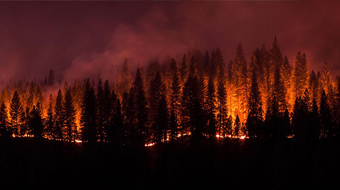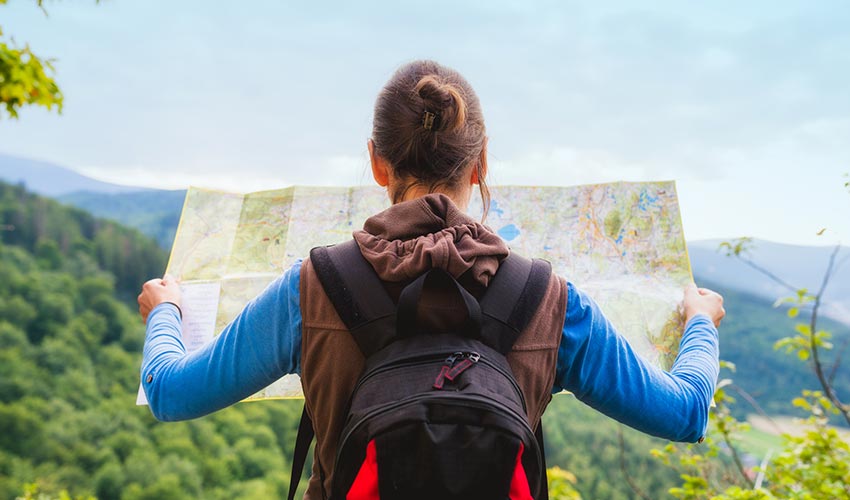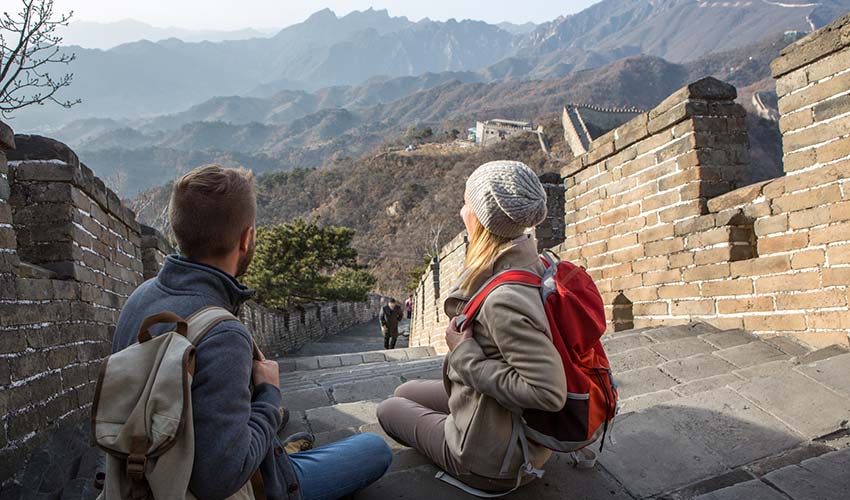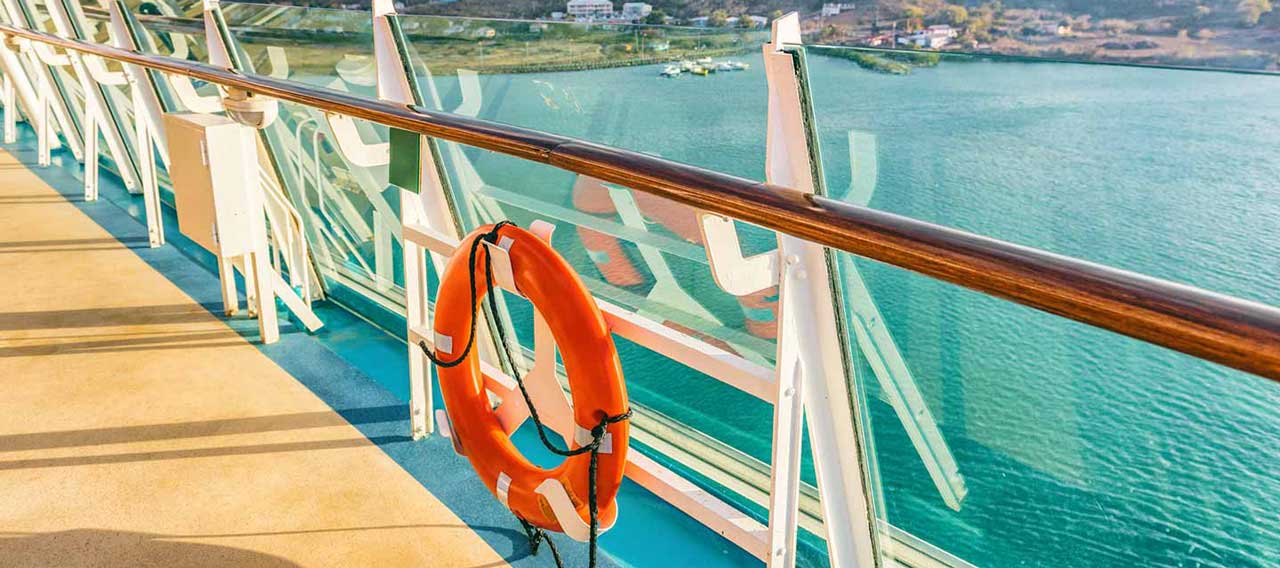- Individuals & Families
- Businesses
- Brokers

With winter on its way out, you may be ready for some spring cleaning.

Make sure you protect your classic cars from damage or additional wear and tear.

Keep your important papers and small valuables away from burglars, fire or natural disaster.

For over a hundred years, we’ve offered unparalleled stability and protection for small boats, yachts, luxury mega-yachts, and more.

Here are some things you can do to assist firefighters and minimize the damage to your home.

At their worst, disputes between professional service firms and their clients can lead to costly lawsuits.
Canadian citizens face all kinds of risks and challenges in foreign countries, due to the differences in language, culture, politics, and economics. To help you travel safely and confidently, we’ve compiled a quick list of things to think about as you plan your trip.
1. Stay small.
When it comes to international hotels, bigger isn’t always better. Instead of booking a large and highly visible hotel, consider staying in a smaller, boutique hotel, which may be less conspicuous and offer similar five-star amenities.
2. Dress for the culture.
When you’re traveling to a foreign country, it’s best to blend in with the crowd. Keep cultural differences in mind when choosing what clothing or jewellery to wear and bring. This will ensure you avoid drawing attention to yourself, your family and your wealth.
3. Leave copies of your documents behind.
Scan important documents, including your passport, driver’s license, visa and travel itinerary, and leave copies of them with a trusted friend or family member prior to departing. If something happens to your documents while you’re traveling, you’ll be able to get copies with a quick phone call.

4. Only rent a car if you’re familiar with the terrain.
Navigating a foreign country can be hard enough without having to think about driving rules and regulations. You may face additional risks, as well as costs, if you’re in an accident while traveling. Make sure your auto and liability insurance will cover you overseas if you plan on renting a car.
5. Don’t post or geo-tag on social media.
When you or your kids post or geo-tag pictures or comments on social media, you’re letting burglars know that you’ll be away from home, and you’re telling a wide world of thieves and criminals where you are. Instead, wait until you’re back home to share your adventures online.

6. Check your destination’s travel notices and local news
Even if you’ve visited a country in the past, it’s wise to check with the Centers for Disease Control and Prevention (CDC) and the World Health Organization to get their latest country-specific travel notices. Some countries will have special requirements or warnings that may have changed since you last visited.
7. Find out about any potential health risks
Will you need special vaccinations? Are there specific health risks associated with your destination? For example, a trip to Namibia will put you at a higher risk for malaria and polio than other locations, so you might need to receive a vaccine before you go. Start planning your overseas travel in advance, to make sure you’ll be up-to-date on all of your shots and medications.
8. Consider purchasing medical and travel assistance.
Familiarize yourself with your destination's conditions that could impact your health, such as high altitude or pollution, as well as the types of medical facilities available.
Insights and expertise



This document is advisory in nature and is offered as a resource to be used together with your professional insurance advisors in maintaining a loss prevention program. It is an overview only, and is not intended as a substitute for consultation with your insurance broker, or for legal, engineering or other professional advice.
Chubb is the marketing name used to refer to subsidiaries of Chubb Limited providing insurance and related services. For a list of these subsidiaries, please visit our website at www.chubb.com. Insurance provided by Chubb Insurance Company of Canada or Chubb Life Insurance Company of Canada (collectively, “Chubb Canada”). All products may not be available in all provinces or territories. This communication contains product summaries only. Coverage is subject to the language of the policies as actually issued.

